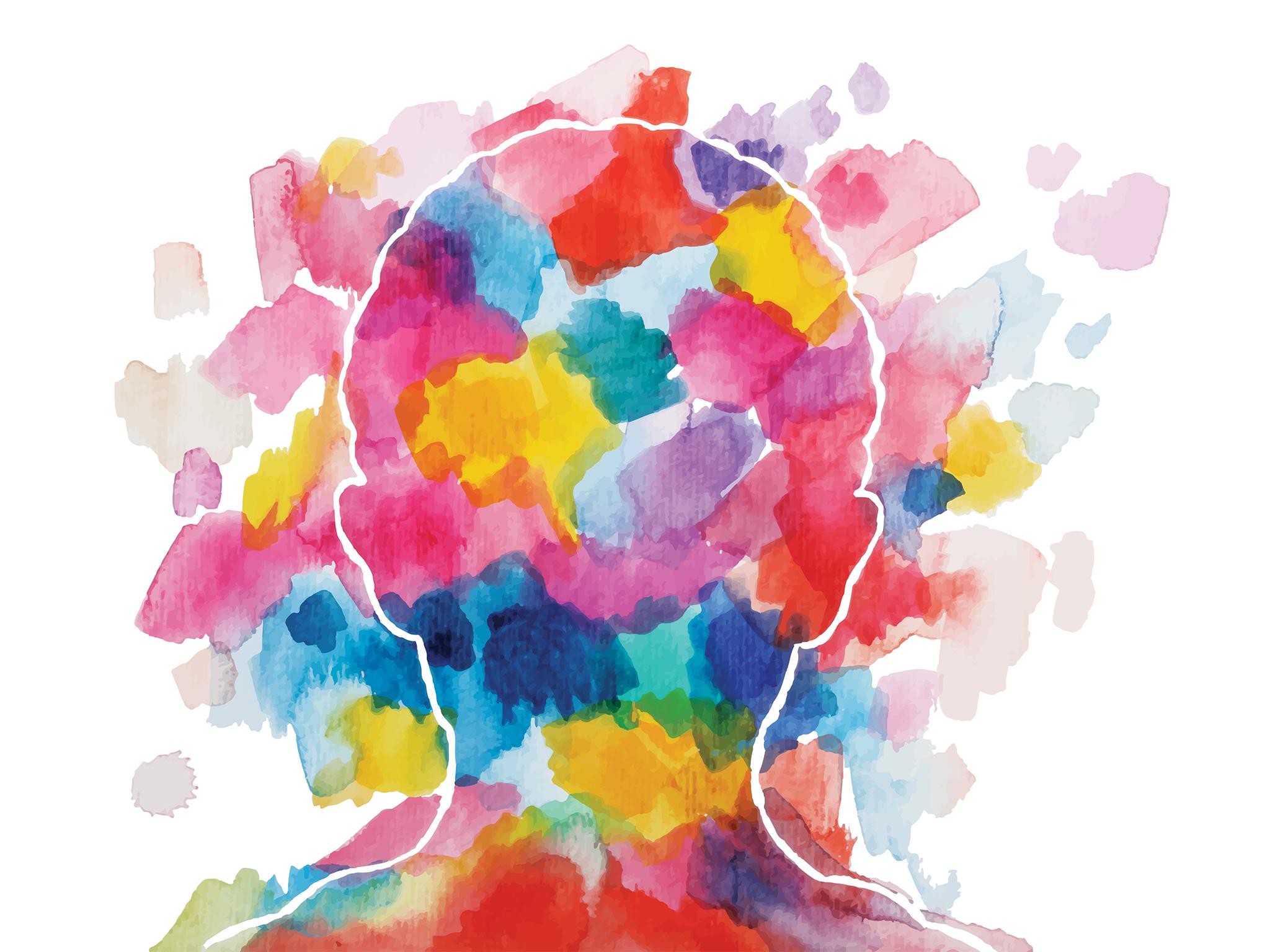
World Mental Health Day 2019: Focus On Suicide Prevention For LGBT
Today is World Mental Health Day and it’s a good reminder that we do not always show whether we a struggling and others might not as well.
Globally, mental health is not recognized as important. Many populations, like LGBT face additional stigma and burdens.
That’s why we’ve work with the United Nations Joint Programme on HIV (UNAIDS ) to release the LGBT Happiness Study.
The research seeks to generate evidence to better understand the socioecological environment of the LGBTI communities around the world and help direct advocacy and decision making in preventing HIV infections. The research aims to inform how various factors (e.g. demographic, economic, homophobic, psychosocial, attitudinal, behavioural) are associated with vulnerability to HIV infection, and access to health care.
Modern life is filled with stress, expectations, and hardships. It can be very hard for people to be open, so why not be proactive this week and check in with those close to you. If you or someone you care about needs help, reach out – you’re not alone. Increased minority stress, often in the form of rejection and discrimination, is thought to be the primary reason for the adverse mental health outcomes observed among LGBTQ youth.
Research shows, just one supportive adult cuts the chance an LGBTQ will attempt suicide by 40%, especially for youth. Being in the closet is lonely, confusing, and frustrating. Deciding to come out, though, can be very scary–not knowing how parents would respond, or if people would be mean or hateful to me. It’s stepping into the unknown. When a loved one comes out, reactions vary, from “Now that I know, what can I do to support my child?” to “How will I ever handle this?” PFLAG offers resources and online tips, if you find yourself needing to support or to prepare to help someone how may come out to you.
We encourage everyone to build their mental wellness skills and recommend this talk from Guy Winch on “Emotional First Aid”